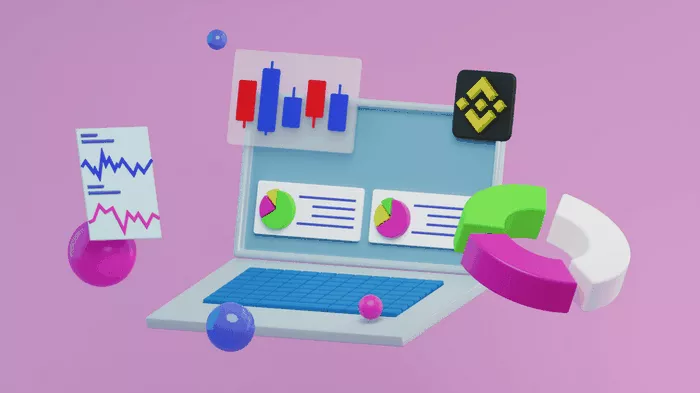Futures trading offers investors the opportunity to speculate on the price movements of various commodities, financial instruments, and assets with leverage. While margin accounts are commonly used for trading futures, some investors may wonder if it’s possible to trade futures on cash accounts. In this article, we delve into the nuances of trading futures on cash accounts, exploring the possibilities, limitations, and considerations for investors.
Understanding Cash Accounts in Trading
Before discussing futures trading on cash accounts, it’s essential to understand what constitutes a cash account in trading. A cash account is a type of brokerage account in which all transactions are settled using cash or available funds. Unlike margin accounts, which allow investors to borrow funds from the brokerage firm to finance trades, cash accounts require investors to use their own capital to purchase securities.
In cash accounts, investors can only trade with the funds available in their account balance. They cannot borrow funds or use leverage to amplify their trading positions. As a result, cash accounts are considered more conservative and less risky compared to margin accounts, as they eliminate the potential for margin calls and margin-related losses.
Trading Futures on Cash Accounts
Traditionally, futures trading has been associated with margin accounts, which allow investors to leverage their trading positions by depositing a fraction of the total value of the futures contract as margin. However, some brokerage firms may offer the option to trade futures on cash accounts, albeit with certain limitations and restrictions.
Trading futures on cash accounts means that investors must use their own capital to initiate and maintain futures positions. They cannot leverage their trades or borrow funds from the brokerage firm to finance their positions. As a result, trading futures on cash accounts may require investors to have a larger account balance to accommodate the full cost of the futures contracts they wish to trade.
One of the primary limitations of trading futures on cash accounts is the lack of leverage. Without leverage, investors may find it challenging to control larger positions or capitalize on short-term trading opportunities. Additionally, trading futures on cash accounts may limit the range of trading strategies available to investors, as they cannot use leverage to enhance potential returns or manage risk effectively.
See Also: How are futures marked to market?
Considerations for Trading Futures on Cash Accounts
While trading futures on cash accounts may present certain limitations, there are several considerations for investors to keep in mind:
1. Risk Management: Without the ability to leverage trades, investors must be vigilant about risk management when trading futures on cash accounts. This includes setting strict stop-loss orders, diversifying trading positions, and avoiding over-concentration in any single asset or market. By managing risk effectively, investors can protect their capital and preserve trading funds.
2. Account Size: Since trading futures on cash accounts requires investors to use their own capital, it’s essential to have a sufficient account size to accommodate the full cost of futures contracts. Investors should assess their financial situation and account balance before engaging in futures trading on cash accounts to ensure they have the necessary funds to support their trading activities.
3. Market Volatility: Futures markets can be highly volatile, with prices fluctuating rapidly in response to economic indicators, geopolitical events, and supply-demand dynamics. Trading futures on cash accounts may expose investors to significant price swings and potential losses, especially during periods of heightened market volatility. Investors should be prepared to withstand market fluctuations and maintain a long-term perspective when trading futures on cash accounts.
4. Regulatory Compliance: Trading futures on cash accounts is subject to regulatory oversight by government authorities such as the Commodity Futures Trading Commission (CFTC) in the United States. Investors must comply with applicable regulations governing futures trading, including margin requirements, position limits, and reporting obligations. It’s essential to familiarize oneself with the rules and regulations governing futures trading to ensure compliance and avoid potential penalties or sanctions.
Conclusion
In conclusion, while futures trading is traditionally associated with margin accounts, some brokerage firms may offer the option to trade futures on cash accounts. Trading futures on cash accounts requires investors to use their own capital to initiate and maintain positions, without the ability to leverage trades or borrow funds from the brokerage firm. While trading futures on cash accounts may present certain limitations and challenges, investors can still participate in futures markets and pursue their trading objectives with diligence, discipline, and prudent risk management. By understanding the nuances of trading futures on cash accounts and considering the associated risks and considerations, investors can make informed decisions and navigate the dynamic world of futures trading with confidence.


